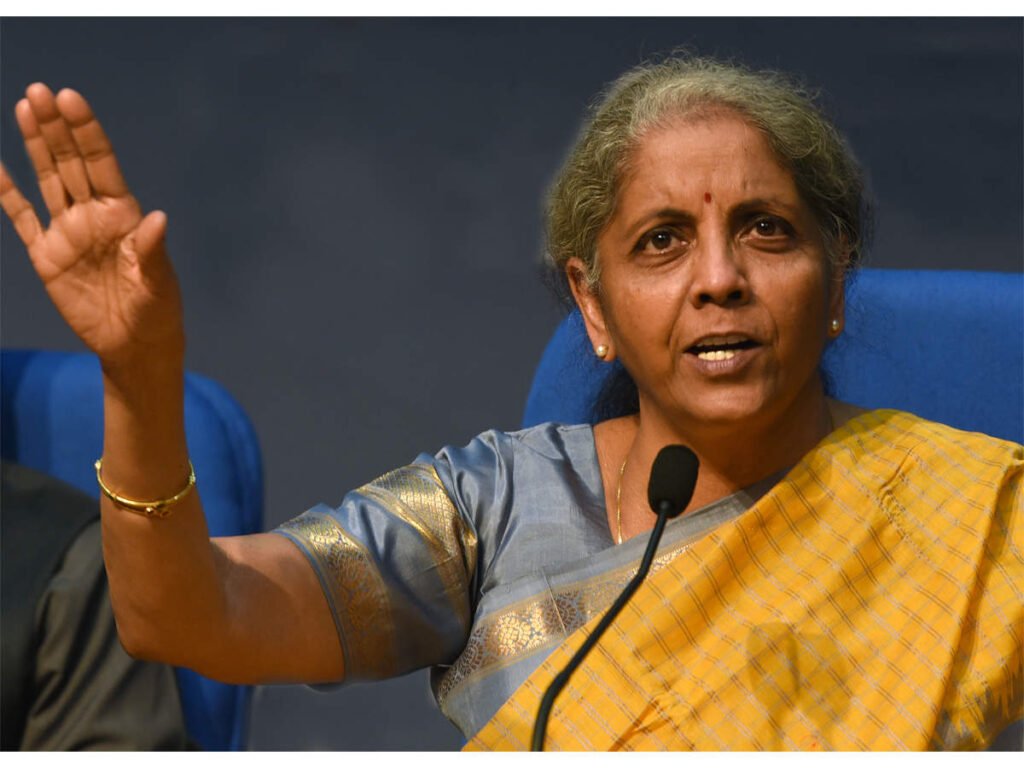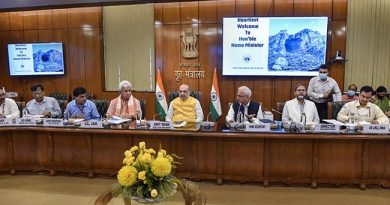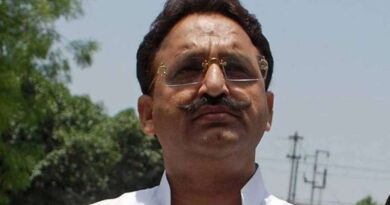Finance Minister: Will Work Closely With Reserve Bank
Finance Minister: will work closely with Reserve Bank for implementation of privatization plan of banks.
The government will work closely with the Reserve Bank for the implementation of the bank privatization scheme announced in the budget.
Finance Minister Nirmala Sitharaman gave this information on Sunday. He said that the government has no plans to form a bank investment company to manage its stake in banks.
It is noteworthy that in the budget presented last week, Sitharaman announced the privatization of two banks under the disinvestment plan. Bank unions protested about this.
Regarding the proposal, Sitharaman said that we are working closely with RBI. A detailed process is in progress for this.
However, which or which banks are being selected for sale, Sitharaman refused to say. Talking to the press, he said that we will let you know when the government is ready for this.
Talking about Bad Bank, Sitharaman said that the government may have to give some guarantees for the National Asset Restructuring Company (ARC).
However, he stressed that this solution has been introduced by banks and will be led by them. He also said that banks are gradually running out of risk.
The finance minister alleged that the non-performing assets of banks are a legacy of earlier poor management. She said, there is no such discussion.
I do not know where this thing is coming from. I am not discussing it. At least it is not in front of me. Sitharaman said that now no help is being sought from New Delhi nor phone banking is being done.
Talking about the bank investment company, the Finance Minister said that there is no such proposal. The Finance Minister stressed making banks professional and said that the government was trying to ensure this.
Through the General Budget 2021-22, the Finance Minister has put forward several targets.
The fixed structure helps in increasing the growth. Creates far more employment and entrepreneurial opportunities than any other sector on a per rupee basis.
This increases the efficiency of large corporate, subsidiaries in the business sector, micro, and small enterprises are nurtured. And finally, inclusive growth gets momentum.
Its indirect benefits are also many. Infrastructure promotes competition. It creates opportunities. It is helpful for business ease.
Improves life Infrastructure in rural areas along with inclusive growth is also helpful in poverty alleviation.




